Sustainable mobility is one of today’s major challenges, especially in high-traffic contexts such as large-scale events and daily corporate operations. In response to this reality, innovative solutions are needed—ones that embrace a more efficient, connected, and environmentally friendly model. Within this framework, BusForFun was born: a company driving a new paradigm in collective mobility by integrating technology, logistics, and sustainability to optimize travel across Europe.
We speak with Aaron Bello, Sales Manager at BusForFun, to learn how the initiative began, the challenges they’ve faced in transforming mobility at mass events, and how they bring this experience into the corporate world to facilitate the daily transport of thousands of workers.
BusForFun is a company specialized in managing integrated mobility for mass events and corporations. Where did the need to create the company come from?
The need to create BusForFun arose from identifying a recurring problem in transportation to large-scale events: heavy traffic, underutilized vehicle capacity, limited parking availability, and the high ecological footprint of private vehicles.
BusForFun was conceived as a “young mobility company” dedicated to offering sustainable, safe, and affordable travel across Europe, especially during festivals, concerts, sporting events, and corporate functions.
To address this situation, BusForFun was founded in 2015 as a tech and logistics-operational start-up that integrates:
A real-time booking and capacity management platform
A European network of buses connecting origin points with events
A strong commitment to shared, greener mobility
What kind of services do you offer, and what advantages do they have compared to other market options?
BusForFun offers a distinctive value proposition with clear advantages:
“Door-to-door” transport to over 250 events, especially from small towns with limited public transport.
An intuitive platform that allows real-time ticket booking, with the option to bundle transport and event admission.
Integrated solutions for events and corporations: park & ride, private shuttles, fleet management, staff coordination, optimized routes, and sustainability reports (CO₂ saved, carbon neutrality).
In short, our added values compared to competitors are convenience, lower cost through demand optimization, innovation and technology, and a strong commitment to sustainability (each bus removes up to 40 cars from the road, and we support reforestation projects: 750 trees planted, 2.55 million kg of CO₂ saved).
You define yourselves as a mix of high-tech start-up, e-commerce platform, and transport company. How does technology support your work?
Technology is key to the work we do at BusForFun. Our booking platform is designed to optimize routes and make more efficient use of collective mobility, providing a more sustainable and convenient solution for users.
We’ve also developed FlexyMob, a white-label solution that allows us to manage the entire mobility experience for complex events. This tool helps us channel different transport needs depending on the audience profile—attendees, VIPs, athletes, accredited staff… It also allows us to integrate additional services like hotel bookings or bundled ticket sales (e.g., ski passes).
How do you transfer your experience managing high-complexity events like Formula 1 or the Fencing World Championships to day-to-day corporate or institutional mobility?
At BusForFun, we’ve successfully transferred our experience managing high-complexity events—like Formula 1, MotoGP, or the Fencing World Championships—into our corporate service, BusForFun Business. This division acts as a Corporate Mobility Manager, offering companies and institutions solutions similar to those we implement at major events: we organize routes, fleets, and schedules efficiently via our FlexyMob platform, which has already proven its reliability in high-demand environments.
It’s important to note that before handling 300,000-person events, we already had over 10 years of experience in Italy, participating in complex operations like the Ski World Championships in Cortina d’Ampezzo or the Volleyball Nations League. This know-how has been successfully applied in Spain, where platforms like FlexyMob and Commuting are now essential to deploy our business model.
Our smart technology allows daily home-to-work route bookings, real-time passenger flow management, and the generation of detailed sustainability reports.
How do you make corporate mobility more sustainable and efficient through your technology? What benefits can clients expect in terms of emissions and costs?
At BusForFun, we offer optimized corporate routes that lower emissions and costs. We provide a more sustainable mobility plan, tailored to each company's needs and aligned with current environmental and financial goals:
Shared commuting and smart routes: our shuttles, managed with algorithms that maximize occupancy, can replace up to 40 private vehicles per bus, reducing congestion and CO₂ emissions at both origin and destination.
FlexyMob platform for integrated management: it coordinates bookings, vehicle tracking, and real-time reporting. This streamlines decision-making and improves operational efficiency, punctuality, and scalability in corporate settings.
Cost reduction for clients: companies using our services have achieved savings of up to 25% in mobility costs and up to 50% in their ecological footprint, while complying with EU emissions regulations.
Offsetting and positive impact: each ticket includes the option to contribute to reforestation projects, supporting sustainable operations in collaboration with NGOs like Treedom and WOWnature. Since 2023, this has led to the planting of over 750 trees and saving 2.55 million kg of CO₂.
What is your biggest short-term challenge? And in the long term, what are your goals?
In the short term, our biggest challenge is preparing for the Milano-Cortina 2026 Winter Olympic Games—an epic event in mobility management. For the first time, the Games will take place across a true Olympic region with multiple venues spread across alpine valleys and cities (Milan, Cortina, Bormio, Livigno…), creating an unprecedented logistical scenario in both complexity and scale.
In the long term, BusForFun’s goal is to consolidate this experience into a replicable model of smart and sustainable regional mobility.
At INDESCAT, we promote collaboration between companies. What types of businesses do you think you could create synergies with, and why?
At BusForFun, we believe that collaboration with companies and organizations from complementary areas enables us to grow and offer more comprehensive and efficient mobility solutions. We see high-value synergies with three main types of partners:
Event organizers, federations, and companies with high corporate mobility needs
Logistics and transport operators (3PL, postal services, forwarding)
Travel agencies and ticketing outlets
What do you think being part of a cluster like INDESCAT brings you, and what can you contribute to the ecosystem?
First, INDESCAT gives us networking opportunities and visibility in the sport and leisure sectors, where smart mobility is key. The cluster also facilitates access to European projects, market studies, and international missions, which enhances our ability to expand and collaborate.
Second, we contribute proven technology and operational expertise: our model has been successfully integrated into projects with institutions and federations, and it’s fully replicable for both sports and corporate events.
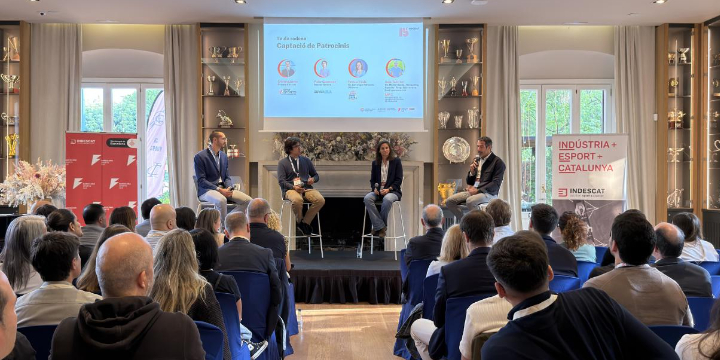



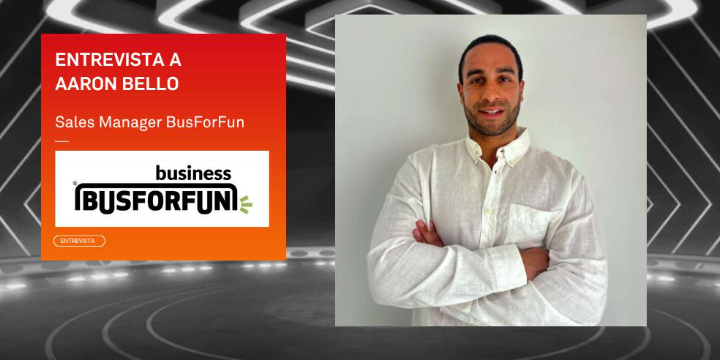
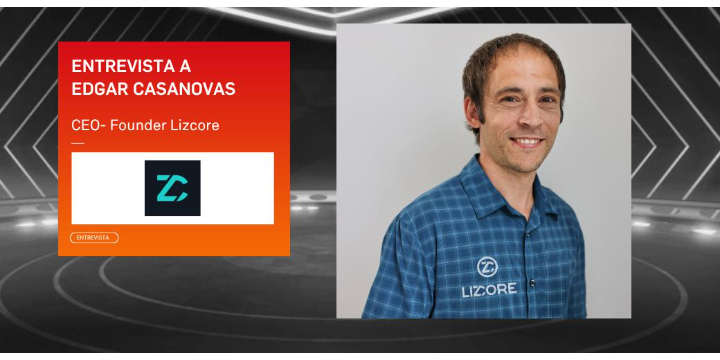
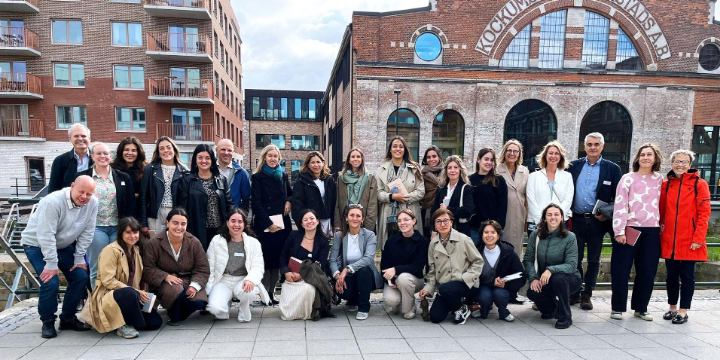
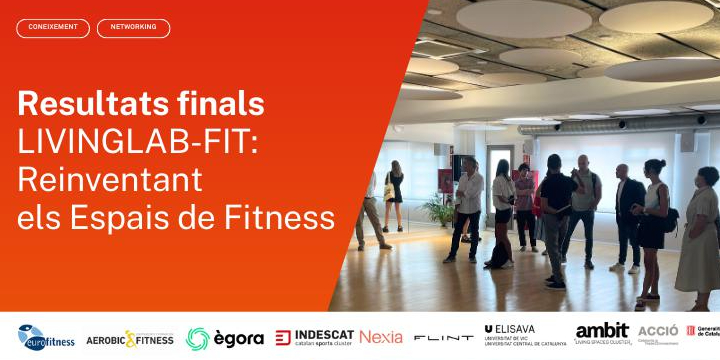
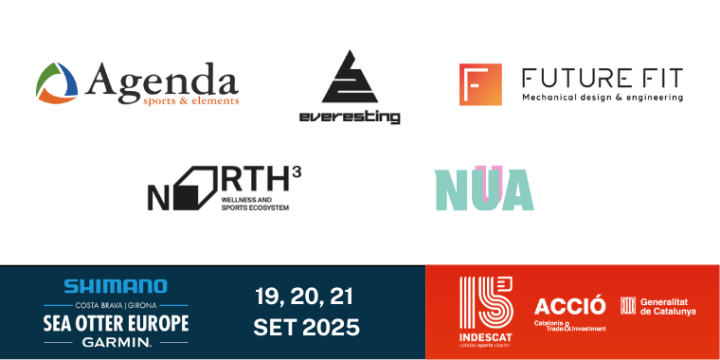
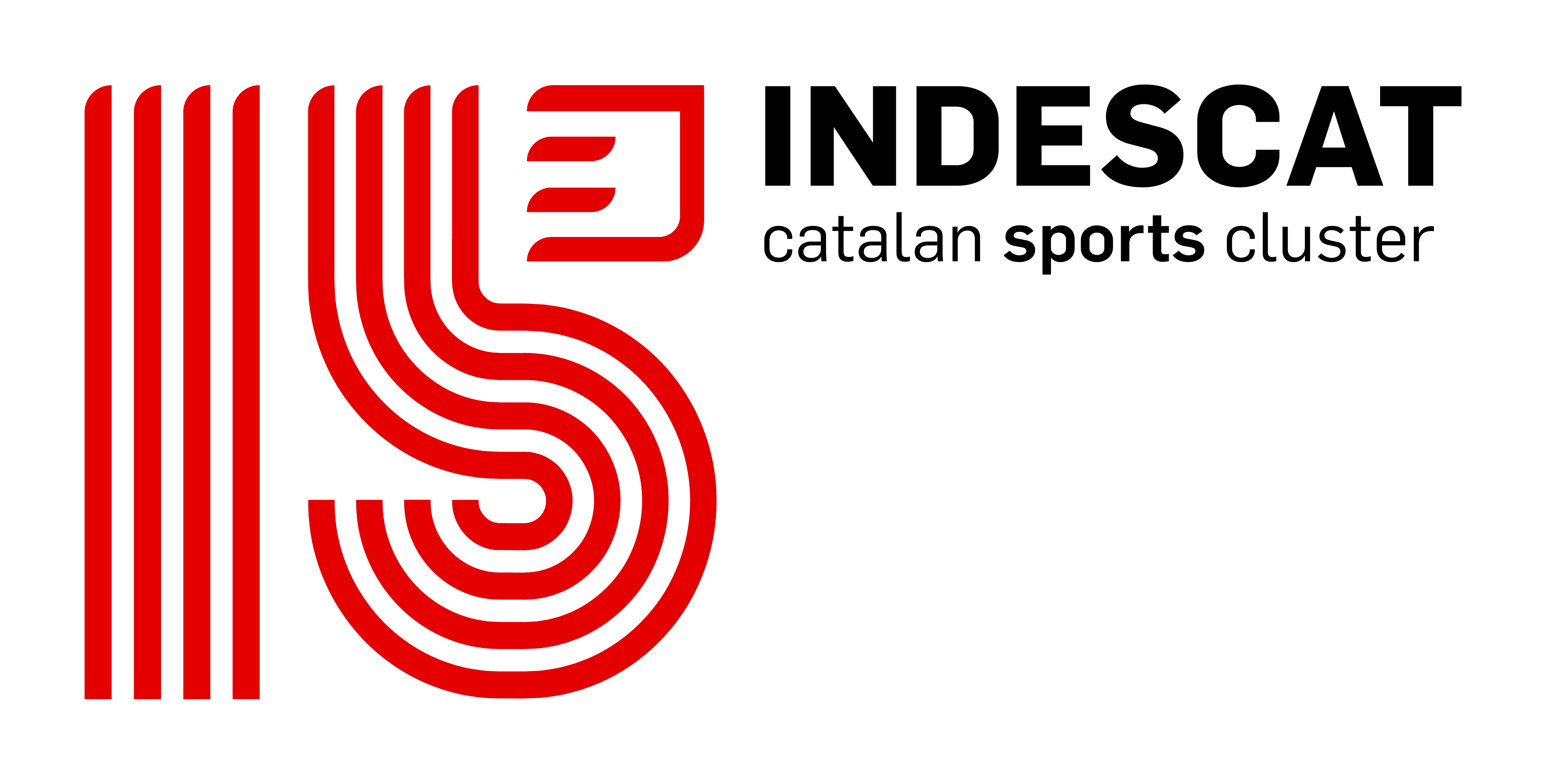


_20231003113532.png)






